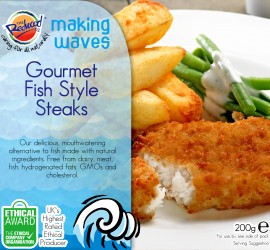
Photo: Shutterstock
Even as organic food becomes better known and desired, the hard work that organic brands have put in to educate consumers about ethical awareness is possibly being exploited by conventional producers who are aping its approaches without actually getting the organic certification.
According to Food Navigator, Steve Osborn, principal consultant at Aurora Ceres, a consulting company based in the UK, said the food industry is heading towards questionable ethical territory as conventional food brands market their compliance with some of the standards of the organic segment. Organic brands promote their best practices and values. For example, one Indian organic brand’s mission statement says, “We value honesty, integrity…” and says its brand “is based on the principles of health, ecology, fairness and care.” If they evoke these same themes, instead of traditional features such as taste, appearance or convenience, non-organic food brands could accidentally be mistaken for organic brands. [Read about how to tell if a product is organic.]

A product sold in the UK that promotes many of the same values as organic food, such as non-GMO and ethical practices.
Osborn said that these trends could lower the importance of the organic stamp of approval to consumers. However, he also added that it should please organic supporters that their values are being put into practice.
However, organic brands can fight back, he suggested. “Just as mainstream [producers] adopted some of the philosophy from the organic movement… organic needs to take a leaf from the conventional food industry. Yes you can get organic bananas, coffee and cocoa but most people, even organic customers, still want to buy processed foods.”

This frozen meal is made with mostly organic ingredients.
Share your thoughts, leave a comment below. Please like FamiLife’s page on Facebook so that you get all our articles and others may find us.
